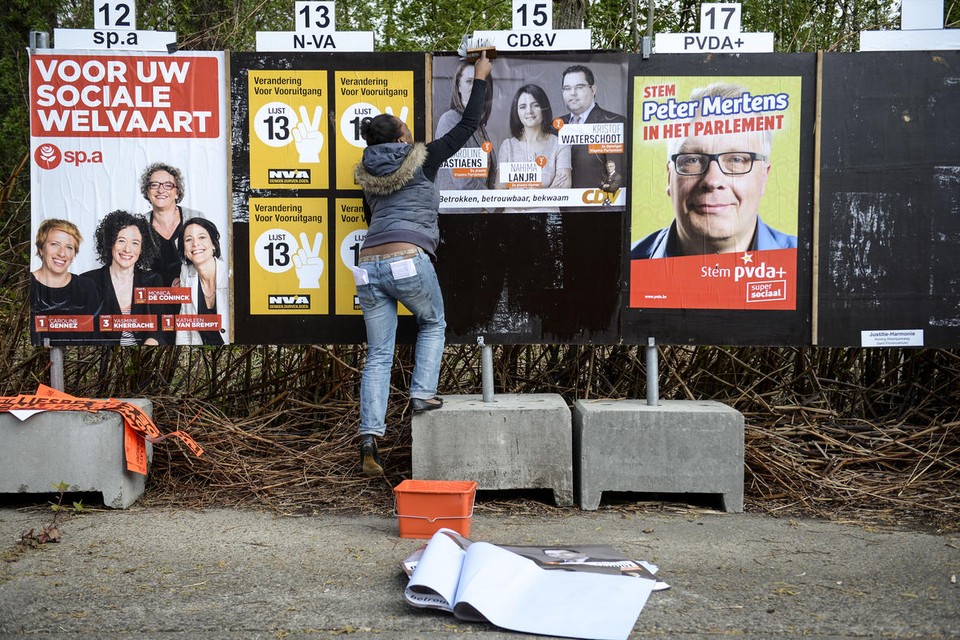Women in politics are more likely to be subjected to sexism and hostility than men, especially during election campaigns. This not only makes more women leave politics but also discourages new female candidates from becoming engaged.
Both on social media and in traditional media, as well as within political parties, female candidates have faced sexism and hostility in the run-up to the local elections next Sunday, the Institute for Gender Equality warned. These experiences can have a significant impact on female politicians, even pushing some women to leave politics, according to research by UGent and ULB, requested by the Institute.
"The negative experiences of other female politicians can also discourage new female candidates from participating, which is a major problem for our democracy," said the deputy director of the Institute for Gender Equality, Liesbet Stevens.
This is particularly concerning, as women still only account for around 40% of members in the municipal councils in Belgium. On the federal level, the proportion of women in elective seats fell for the first time this year, from 47.6% in 2019 to 45.2%.
'Self-censorship'
As part of the study, researchers analysed nearly 44,000 responses to posts on social media from 40 candidates. They found that female candidates for the June's elections were far more likely to receive negative responses than men and almost twice as likely to face sexist comments. Almost 87% of all responses to posts by female candidates were negative on X (formerly Twitter).
"These findings illustrate a sexist climate on social media that becomes even more pronounced during election campaigns," said Stevens.
Such antagonism affects women's well-being and political engagement, and the stress and anxiety associated with these experiences can cause them to modify their behaviour, clothing style and even the topics they discuss. This is referred to as the 'chilling effect' – a form of "self-censorship which has long-term consequences for their political ambitions."
Related News
- Schaerbeek Mayor verbally attacked by citizen during council meeting
- Belgian municipal elections: How a mayor is elected, and why Brussels differs
- Brussels Local Elections guide: Commune by commune
But these negative incidents do not only occur online: former Schaerbeek mayor Cécile Jodogne, for example, was verbally attacked by members of the audience during a council meeting earlier this year, with one person calling her a sale pute ("dirty whore"). The study also shows that female candidates also face sexism within their political parties. Sometimes, colleagues in the party question their competence or give them fewer opportunities.
"Political parties should take responsibility and take measures to combat sexism within their ranks," such as appointing a confidant trained to deal with these issues, Stevens stressed. A hotline within parliaments or administrations was also put forward to objectify the problem across political parties. Finally, she noted that every social media user should be aware of the impact of their comments – "even those that seem insignificant at first glance."

